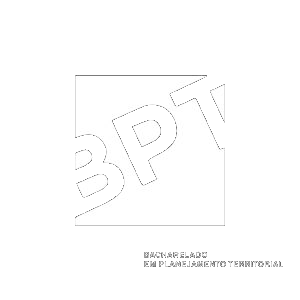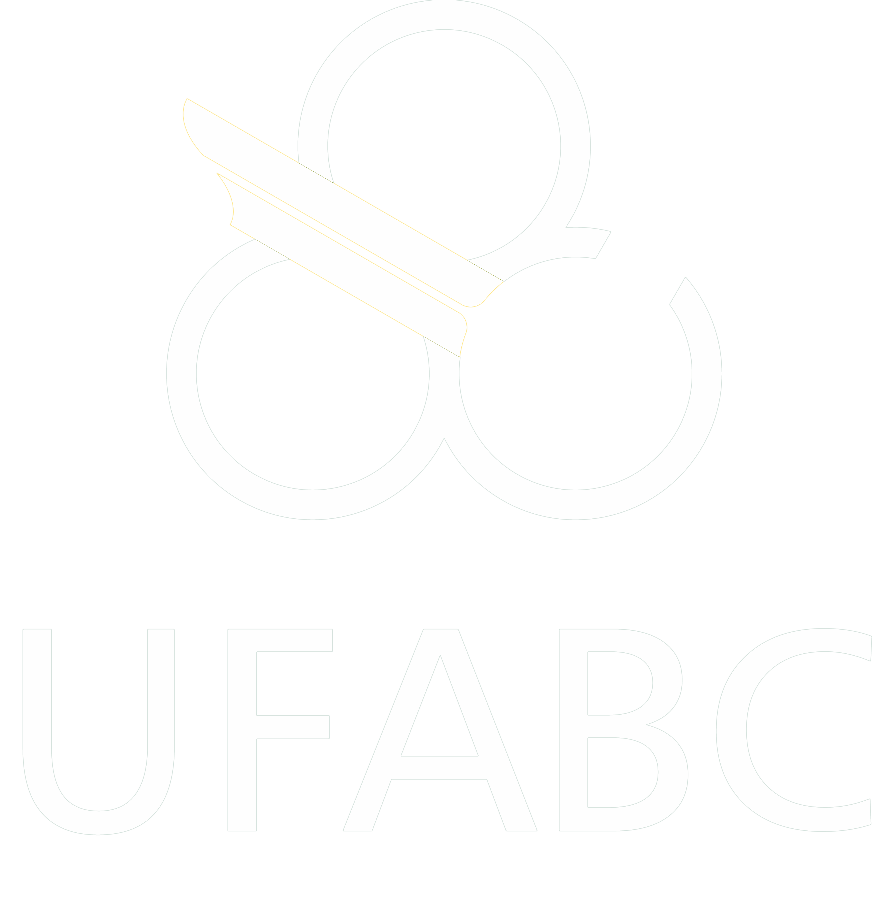About
The Água e Moradia initiative brings together research and extension projects focused on the daily challenges of accessing water faced by residents of precarious settlements. The issue of water access is a constant in people’s daily lives and significantly impacts how they organize their activities and their overall quality of life. Thus, the initiative seeks to identify, understand, and map the difficulties in accessing water across different forms of precarious housing.
Using the concept of household water insecurity, the projects analyze problems related to basic sanitation infrastructure, as well as the social dynamics involved in the process of accessing water. This includes the impact on daily routines due to intermittent water supply and the difficulty of paying for water services. It is observed that water scarcity affects both those connected to the water supply network and those without access. Reports of the need to wake up in the middle of the night to store water and wash clothes, financial investments in water collection and storage systems beyond just water tanks to ensure hygiene and food preparation, and feelings of frustration and irritation when water is unavailable—followed by relief when it finally flows from the tap—are some examples of household water insecurity experienced by populations living in precarious housing areas.
To capture these experiences, a combination of quantitative and qualitative methodologies is used, including electronic surveys, in-depth interviews with residents of these areas, dialogue with public authorities and the Basic Sanitation Company, participant observation, and other methods. So far, the projects have developed studies on areas in the Metropolitan Region of São Paulo, particularly in the municipality of São Paulo and the ABC Region.
The conception and dissemination of the projects were carried out in collaboration with partners from the Territorial Justice Laboratory (LabJuta-UFABC) active in the region, such as the Central de Movimentos Populares (CMP), the União dos Movimentos de Moradia de São Paulo (UMM-SP), the network of favelas and occupations in the southern zone of São Paulo, the housing movement network for building occupations in central São Paulo, the Movimento de Defesa dos Direitos dos Moradores em Núcleos Habitacionais de Santo André (MDDF), and the Observatório dos Direitos Humanos à Água e ao Saneamento (ONDAS), among other movements and associations active in the Metropolitan Region of São Paulo. The initiative also benefits from the partnership of researchers from the University of Michigan (Taubman College).
It is hoped that the results of the Água e Moradia projects will support the population’s struggle for access to clean water as a strategy for water security, as well as contribute to both emergency and long-term public policies.






